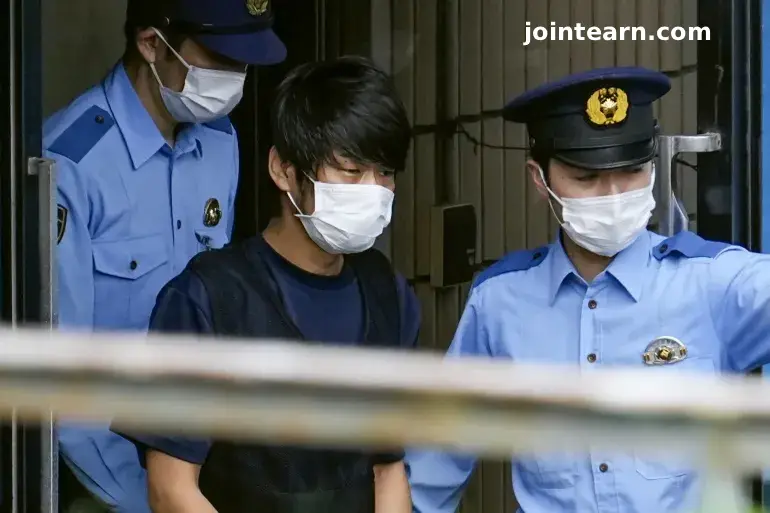
Tokyo, Japan — The man accused of assassinating Japan’s former Prime Minister Shinzo Abe in 2022 has pleaded guilty to all charges as his high-profile trial began in Nara on Tuesday.
According to Japan’s public broadcaster NHK, Tetsuya Yamagami, 45, admitted to murdering the country’s longest-serving leader and to violating arms control laws by crafting and using a homemade firearm during the attack.
“Everything is true,” Yamagami reportedly told the court, acknowledging full responsibility for the killing.
A Tragic Day in Modern Japanese History
The assassination shocked Japan — a nation known for its low levels of violent crime and strict gun control — and reverberated globally. Abe, 67, was delivering a campaign speech in Nara on July 8, 2022, when he was shot at close range. Security officers subdued Yamagami at the scene, and emergency responders rushed Abe to a nearby hospital, where he was later pronounced dead.
The attack drew international condemnation and led to a national debate about political security, religious influence, and the blurred lines between faith and politics in Japan.
Motives Tied to the Unification Church
Investigations revealed that Yamagami’s actions were driven by anger toward the Unification Church, a South Korean-based religious movement. Yamagami accused the group of financially ruining his family after his mother donated approximately 100 million yen (about $663,000) to the organization.
Abe was targeted, Yamagami said, because of his alleged ties to the church — an accusation that later exposed widespread connections between the Liberal Democratic Party (LDP) and the group.
Following Abe’s death, more than 100 LDP lawmakers were found to have maintained some form of contact or affiliation with the Unification Church. The scandal severely eroded public trust in the party and triggered calls for stricter regulations on religious organizations.
The Trial and What Comes Next
Tuesday’s court session marked the start of a lengthy judicial process. Seventeen additional hearings are scheduled through the end of 2025, with a final verdict expected on January 21, 2026.
Legal analysts say the focus will now shift from whether Yamagami is guilty — which he has admitted — to determining the extent of his mental state and moral responsibility.
“Given his full confession and the social context surrounding the case, the court’s challenge will be balancing justice with compassion,” said legal scholar Keiko Nakamura of Tokyo University.
The proceedings have reignited debate over Japan’s criminal justice system and how it handles defendants who commit crimes motivated by perceived injustice or personal grievances.
Abe’s Legacy and Political Context
Abe, who served nearly nine years across two terms, remains a towering figure in Japan’s postwar history. He was instrumental in shaping Japan’s economic and defense policies through his “Abenomics” growth strategy and efforts to reinterpret Japan’s pacifist constitution.
His death left a significant void in the ruling party, influencing both domestic and foreign policy directions.
The trial’s opening coincided with a symbolic diplomatic event in Tokyo, where Prime Minister Sanae Takaichi — Abe’s political protégé and current LDP leader — met with US President Donald Trump. During their summit, Takaichi presented Trump with a golf putter once owned by Abe, underscoring his enduring legacy in Japan-US relations.


Leave a Reply